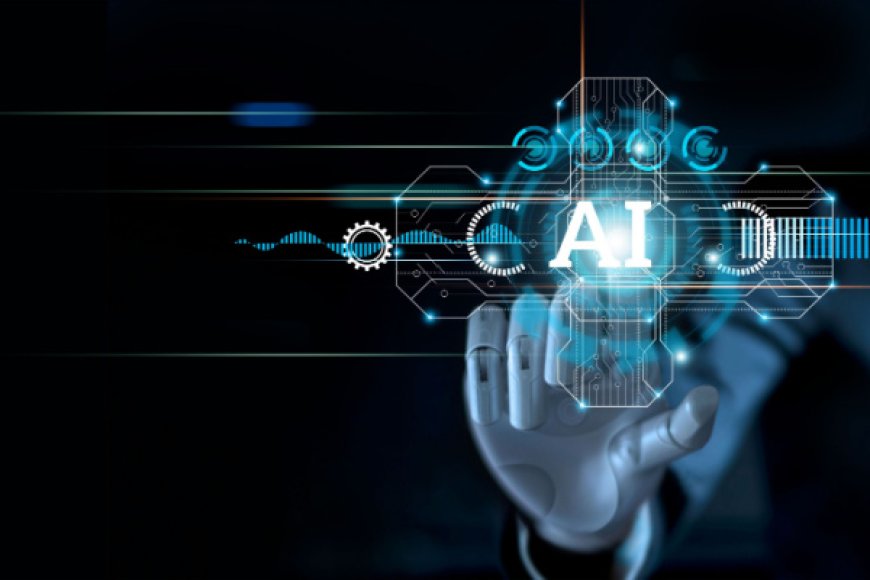The Impact of AI on Education
Artificial intelligence (AI) is transforming the way we teach and learn, revolutionizing the education sector. With the integration of AI technology in classrooms, students and educators alike are experiencing a paradigm shift in traditional learning methods.
Introduction to AI in Education
AI has the power to personalize learning experiences, catering to the individual needs of each student. By analyzing data and patterns, AI algorithms can provide tailored recommendations and content, enhancing retention and understanding.
Benefits of AI in Education
AI can automate administrative tasks, allowing educators to focus on teaching rather than paperwork. It also enables real-time feedback, assessment, and adaptive learning, creating a more efficient and effective educational environment.
Challenges and Concerns
Despite its benefits, AI in education poses challenges such as data privacy and security issues. There are also concerns about the overreliance on AI, which may lead to a passive learning approach and reduced human interaction.
Future Implications and Opportunities
The integration of AI in education opens up boundless opportunities for innovation and improvement. From personalized learning paths to predictive analytics, AI has the potential to reshape the future of education.

As we embrace the transformative power of AI in education, it is crucial to address the ethical implications and ensure equitable access to technology for all learners.
Join the conversation on the impact of AI in education and stay informed with the latest advancements in artificial intelligence.